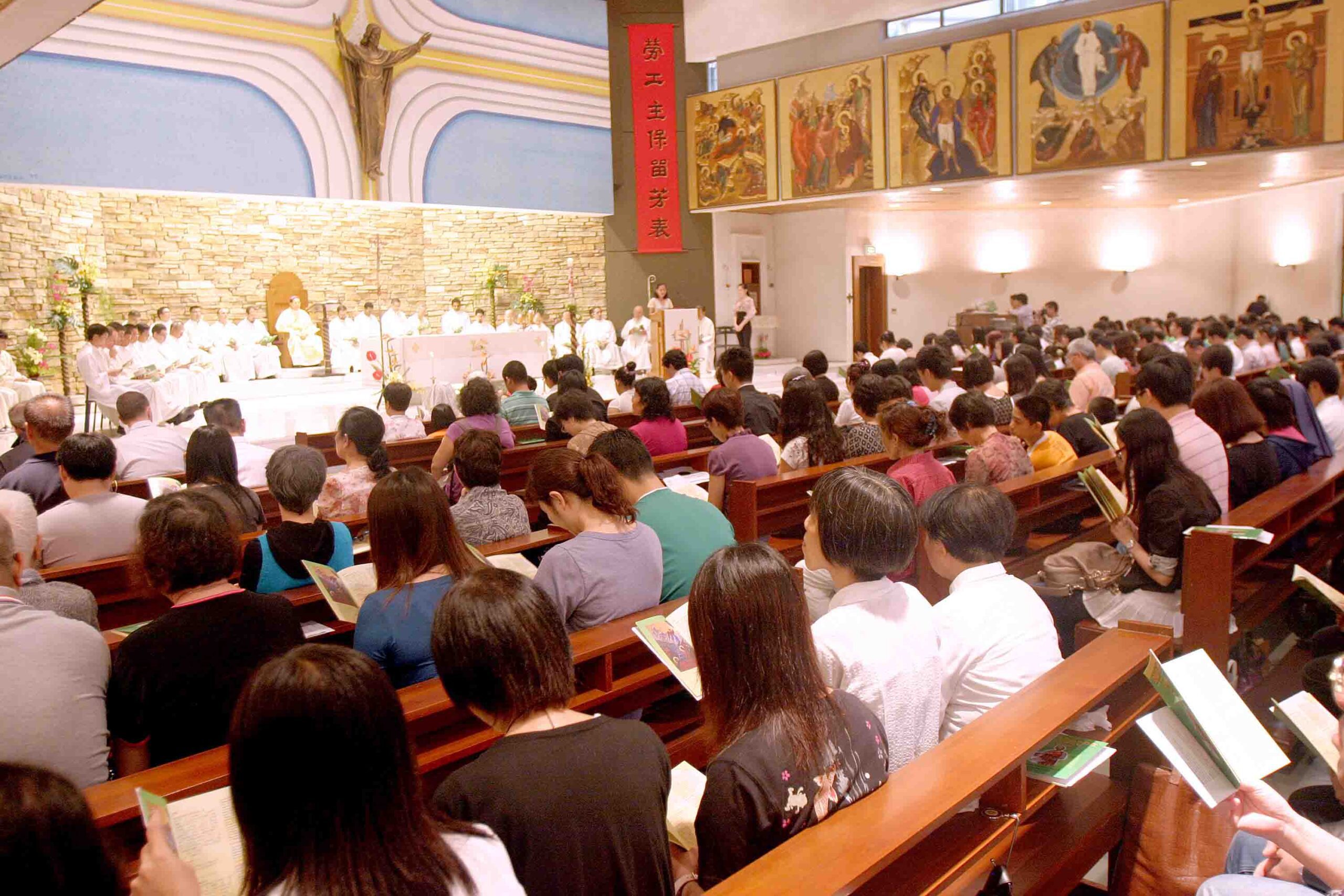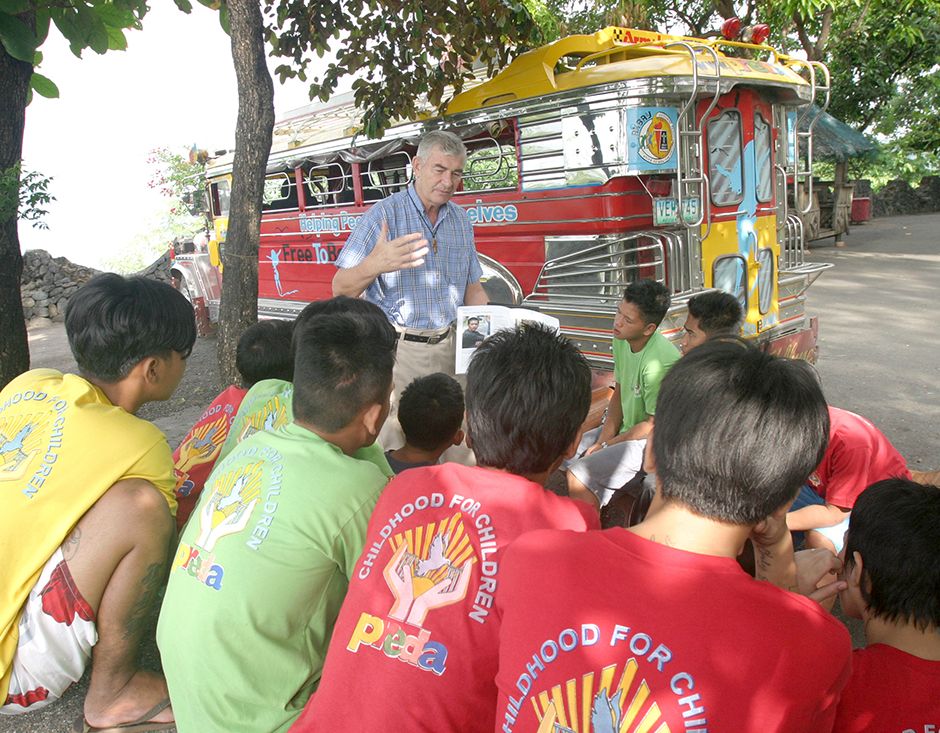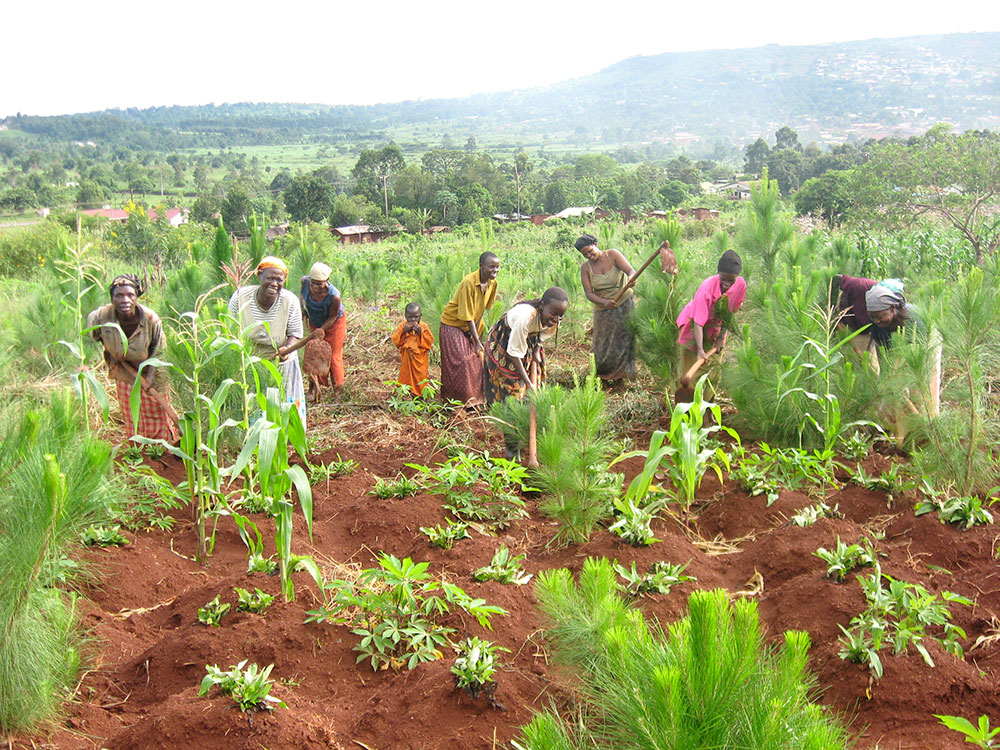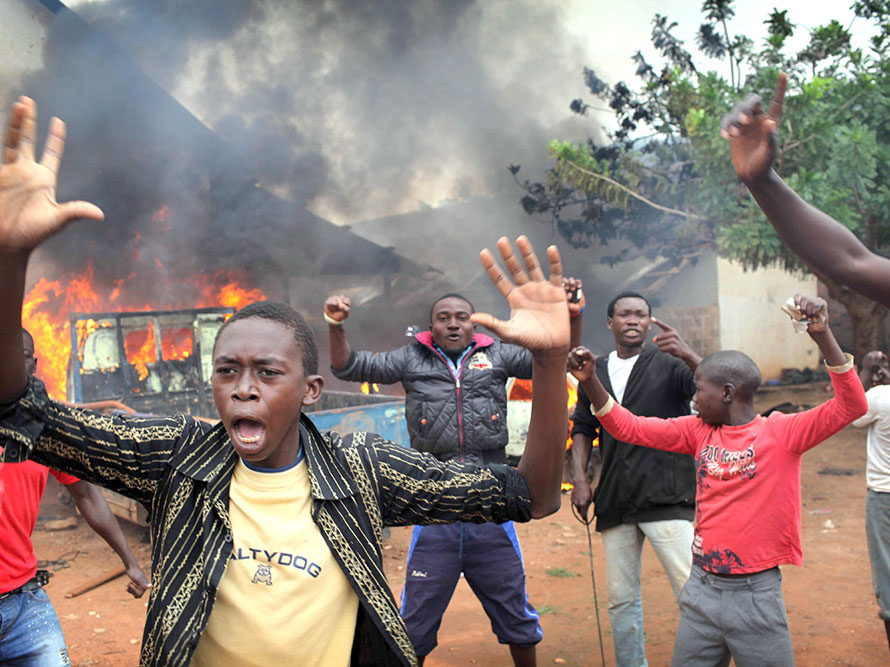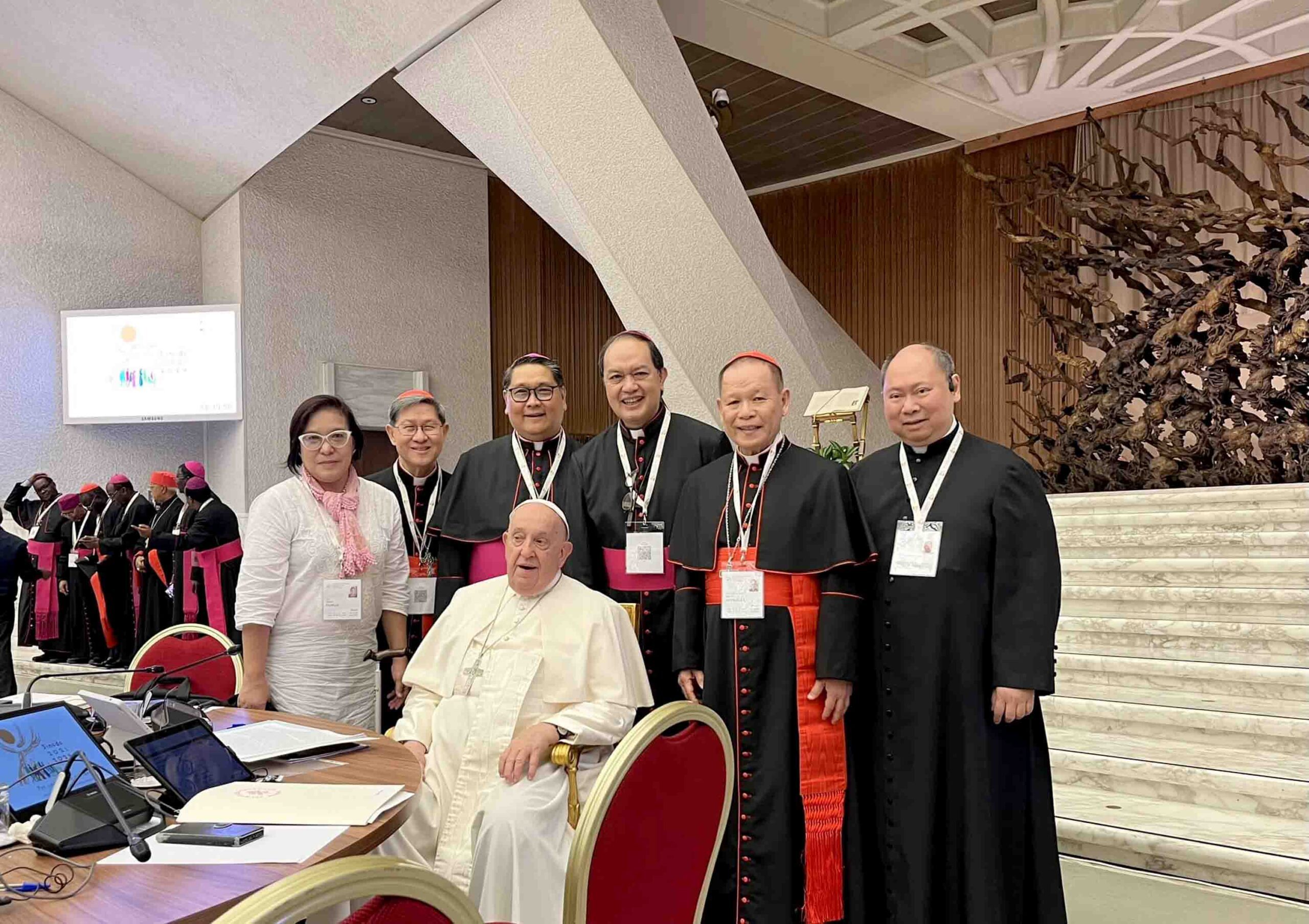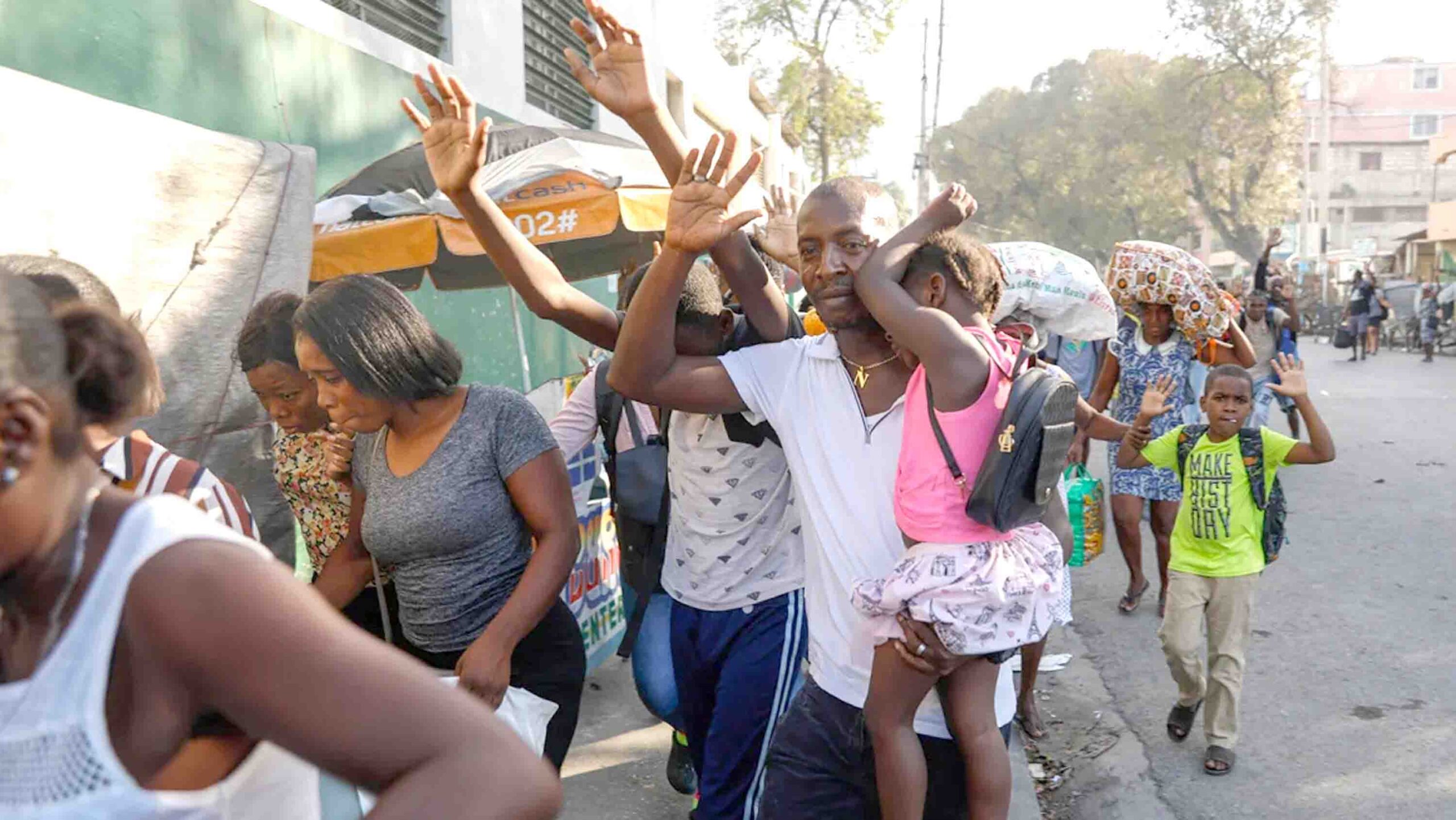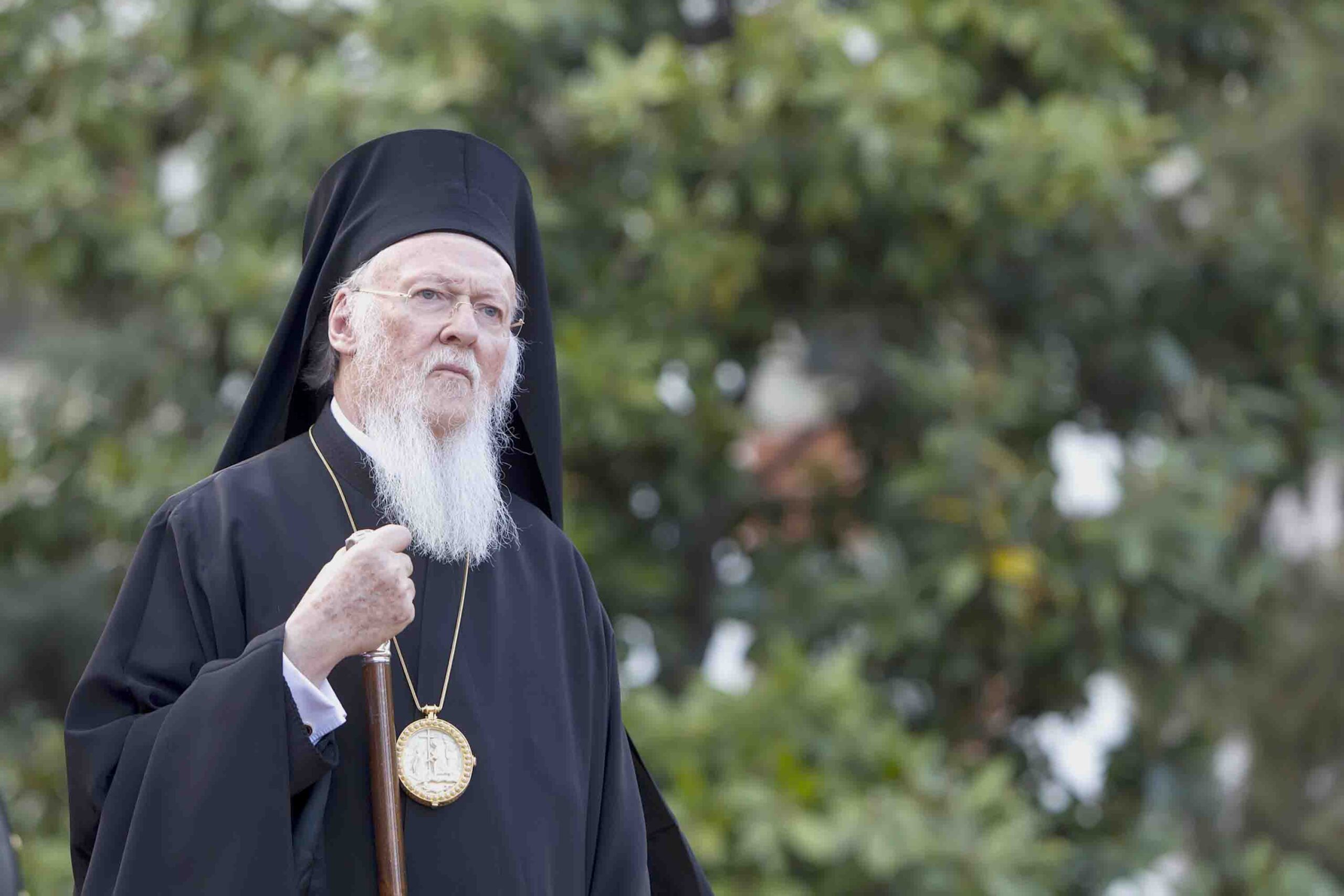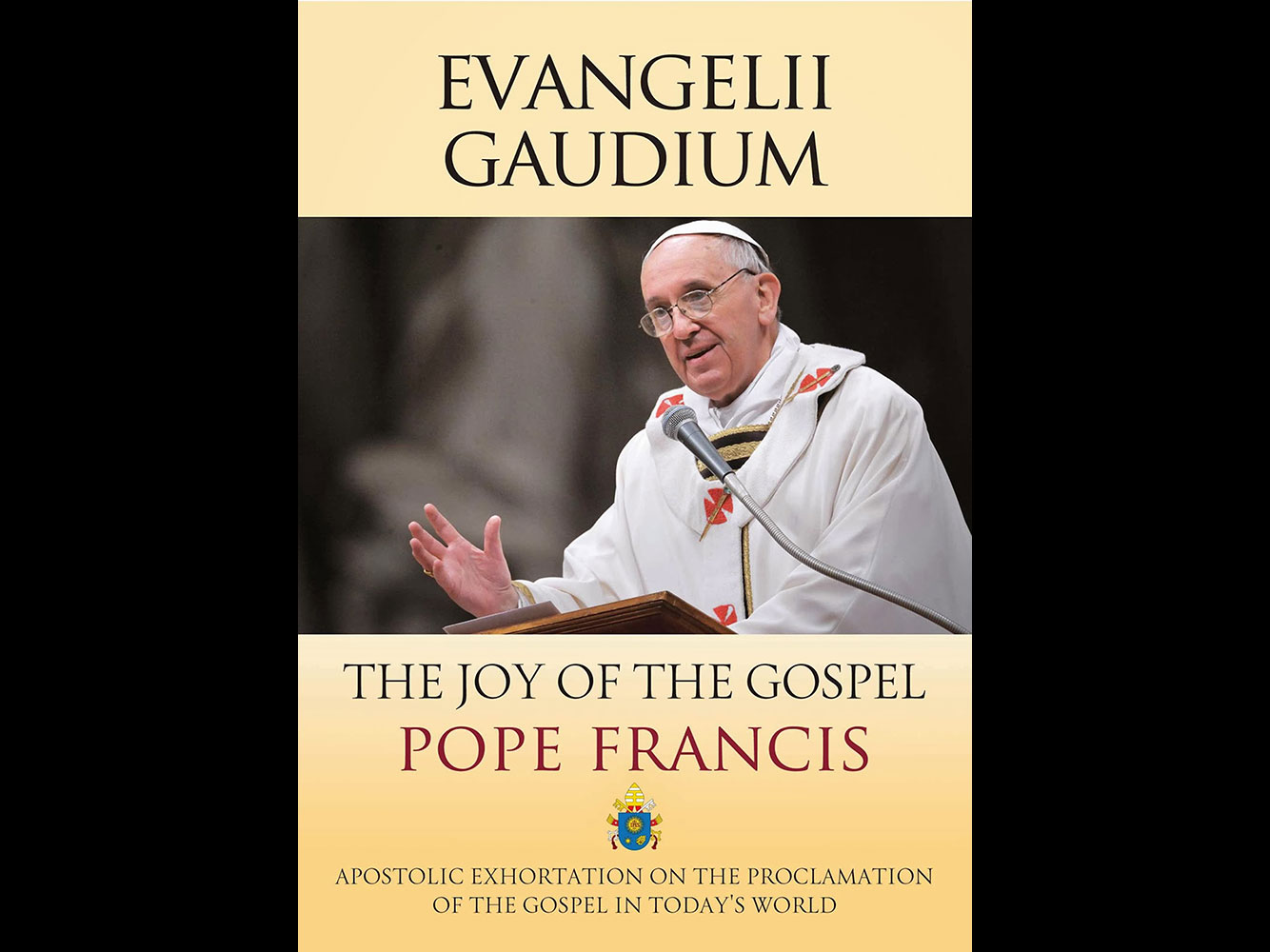The Synod of the Catholic Church for the Middle East concerns Arab and non-Arab countries that spread over a vast geographical area from Egypt to Turkey, from Iran to Israel and right through to the Gulf, Iraq, Lebanon, Syria, Jordan, Palestine and Cyprus. It includes, directly or indirectly, 14 million Christians in a population of 330 million inhabitants, among whom we find Arabs, Turks, Iranians, Greeks and Jews. This synod will focus on this very complex and diverse situation.
It’s true that, in these last years, we have seen a Synod for Lebanon and another for the Holy Land. One might feel entitled then to pose the following question: “Instead of so ambitious a synod for the entire Middle East, why not organize a special synod for each of those countries that has not yet had one? Why should Lebanon and the Holy Land redo the same work?” The answer lies in the fact that the number and complexity of problems and challenges facing the Middle East are too large to be handled by the various single dioceses and churches separately. In addition, our globalized world makes a synod dealing comprehensively with all our common problems under the authority of the Sovereign Pontiff necessary, “cum Petro et sub Petro.”
The Synod sets forth two main goals:
– Confirm and strengthen Christians in their identity through the Word of God and the Sacraments.
– Give new life to the ecclesial communion between the sui iuris Churches so that they might provide an authentic witness of joyful and attractive Christian life.
One peculiarity of the Middle East is the large number of sui iuris Eastern Churches that have taken root here: the Melkites, Syrians, Maronites, Copts, Armenians and Chaldeans. These Churches need to live their liturgical and linguistic particularity, on the one hand, and a greater communion among themselves, on the other. Currently, this communion leaves something to be desired. They also need pastoral and liturgical renewal. The Latin Church went through this change at the Second Vatican Council, which revolutionized its liturgy and ecclesiology and gave it a new openness to the world. The Eastern Churches are in need of a similar revolution so that they might be able to adapt and modernize and thus better meet the needs of their congregations today.
The geopolitical situation
Turkey. This country has 72 million inhabitants (source: wikipedia), with a Muslim majority. Christians number 100,000, slightly more than 1 per thousand. Turkey is a secular country, separating state and religion (Islam). It is seeking to give a good impression to gain entry into the European Community. To Turkey’s credit, you could cite the secularization introduced by Ataturk in 1924; on the negative side, we must cite the Armenian genocide, for which Turkey refuses to take responsibility and the partition of the island of Cyprus between Turks and Greeks, which is also its responsibility.
Iran. In this country, Shia Islam is dominant in all sectors of society. Seventy-two million are Muslim, while Christians – predominantly Armenians and Assyrians – number only 200,000. News from Iran reports the existence of an active Baptist community, which has made thousands of converts to Christianity (about 10,000 known conversions). But a convert finds himself treated as a renegade, a traitor to Islam and a backer of the chief enemy: America. Iran is rich and supports the Shia of Lebanon and Hamas in Gaza for religious and ideological reasons. This country has territorial ambitions in the Gulf where there is a large and forcefully muted Shiite minority.
Saudi Arabia and the UAE. Around 33 million people live in this oil-rich region. The various political regimes have differing attitudes towards Christians; it goes from respect – as in Qatar, Abu Dhabi and Dubai – to the intransigence and lack of freedom – as in Saudi Arabia. While Qatar has allowed the construction of a large church that can hold 5,000 faithful, Christians in Saudi Arabia, numbering around half a million, are not allowed to gather for prayer. They meet secretly in private homes to pray on Sunday, running the risk of persecution. Another problem is posed by the existence of a large number of Christian immigrant workers, often deprived of their elementary social and religious rights. In addition, militant Islam takes advantage of these immigrant workers’ economic embarrassment in order to convert them to Islam. There are a number of converts each year, who are promised substantial material benefits.
Egypt. The number of Copts is not yet certain. Local government statistics speak of 6 million whereas the Coptic Church speaks of 12 million. The figure of 10 million is certainly closer to the truth. Clashes between Muslim and Coptic communities are frequent. The Egyptians are the most religious people in the world in terms of pious practice, but also in terms of bigotry. The Copts feel despised and deprived of many rights, especially their freedom of worship (as demonstrated in the difficulty of building a church) and freedom of conscience. They occupy an insignificant place in society and government. As an example: out of 454 Egyptian parliamentarians, only three are Christians, or less than 1%, while the percentage of Christians in Egypt is 10%, at least.
Iraq. The U.S. invasion decimated the Christian community. Before 1987, it numbered 1.25 million followers, mostly Chaldeans. Today, they are less than 400,000. One of the great disasters of this century is the massive exodus of Iraqi Christians due to the insecurity and harassment of which they are victims. In Iraq, the war unleashed forces of evil in the country, among varying political streams and religious denominations. It has taken a toll on all Iraqis, but the Christians have been among the main victims because they represent the smallest and weakest of Iraqi communities. Even today, global politics completely fail to take them into account. This is in addition to other calamities that have struck the Christians of the Middle East in the past two centuries:
– The genocide of one million-and-a-half Armenians in Turkey in 1915;
– The genocide against the Maronites in 1860 and the Lebanese Civil War caused the exodus of many Christians;
– The constant emigration of Christians from the Holy Land for more than a century.
Syria. The situation of one-and-a-half million Christian Syrians seems tranquil under the Syrian Baath, which rests on the support of minorities, the Asad family itself being from the Alawite minority. But there is always the fear of an unexpected change and turnaround. In Iraq, for example, Christians enjoyed many privileges during Saddam’s regime. It seems all it takes is a dethroning to open the Pandora’s Box against the Christian population. A phobia with regard to upheavals still exists in the Arab world, given that state policy often depends on the alternatively benevolent or malevolent attitude of the family or party in power, rather than a durable popular mind-set.
Lebanon: Christians are divided on both the political and religious planes, and nobody possesses a plan acceptable to all. The political balance achieved in 1943, when the Christians made up 55% of the total population, does not currently reflect the situation on the ground. The Shiites, who are becoming ever more numerous and stronger, are demanding more authority in Parliament. The current balance of power is weak. Lebanon must attain the position of a mature democracy and leave behind its absurd confessionalism without bloodshed.
Jordan is a quiet country. The Christians feel safe and enjoy religious freedom, with representatives in Parliament and in Government. We have witnessed the warm welcome that the Jordanian King and Government gave to Pope Benedict XVI. Despite this, freedom of conscience does not exist. It is something that we observe in all Arab countries. Islam claims to be the religion of truth, the only truth. The other religions are only tolerated. Therefore, it is not permissible for a Muslim to abandon the truth for error. Change of religion is perceived as a betrayal of society, culture and nation, three realities primarily built upon a religious tradition.
Palestine and Israel: The conflict between Palestinians and Israelis has lasted for over 80 years, including six violent confrontations, to which we must add the two general Intifadas. It is an ideological conflict that does not appear close to finding a solution in the short term. The economic situation and lack of security have obliged a large part of the Palestinian Christians to emigrate. The largest number of Palestinian diaspora outside the Arab world – around 500,000 – is located in Chile.
Some of the major problems the survey has allowed us to identify the major problems faced by Christian communities in the Middle East:
An emigration that has weakened the fabric of Christian life. This emigration has also opened the eyes of moderate Muslims who see in this exodus an impoverishment of Arab society and the loss of moderate elements. Many Palestinian intellectuals – including Faisal Husseini, the current Grand Mufti of Palestine, Tayseer Tamimi, the Grand Magistrate, President Mahmoud Abbas and Prime Minister Salam Fayyad – have said that the departure of Christians has been a loss for all Palestinians and will end up setting Jewish and Muslim extremism face to face. Christians are a moderate element that attracts Western sympathy for the Palestinian question. In addition, in the past, the Christians of Lebanon, Egypt, Syria and Palestine participated in the progress and development of their respective societies. With their numbers reduced, making up but a small percentage of the total population, their presence becomes insignificant, providing all the more reason for this remnant to emigrate.
Conversions to Islam. It is true that few Christians become Muslims. But given the small number of our communities, every one counts. In Egypt, it is estimated that up to 15,000 young Christian girls become Muslim for reason related to marriage. Each year, similar cases occur in Palestine and Jordan. Each time it’s a tragedy for the family, which looks upon this conversion as a betrayal of her religion and herself. In the majority of cases, the girl is considered lost because the girl completely loses touch with her family. Conversion does not affect girls only. Foreign workers in the Gulf countries are also victims. In order to continue to find work, conversion to Islam helps tremendously. Counting just the small emirate of Dubai, the number of men and women who went over to Islam in 2008 was 2,763. They belonged to 72 different nationalities.
The rise of political Islam: “The rise of political Islam from the period of around 1970 is a striking phenomenon that affects the region and the situation of Christians in the Arab world. This political Islam includes various religious currents that aim at imposing an Islamic lifestyle on Arab, Turkish or Iranian societies, and all those who live there, Muslims and non-Muslims alike. For these currents, detachment from Islam is the source of all evils. The solution is thus the return to Islamic origins. Hence the slogan: Islam is the solution […] To achieve this end, some do not hesitate to resort to violence.” (Instrumentum Laboris).
The Ghetto Mentality: “Religion is regarded as an identifier that not only differentiates but may also divide and be used to generate a closing off of relationships and hostility. The danger lies in turning in on ourselves and in fear of the other. We must both strengthen the faith and spirituality of our faithful and strengthen the social bonds and solidarity among them, without falling into a ghetto mentality” (Instrumentum Laboris).
The Synod’s response
The Church does not claim to offer prefabricated solutions to all the problems facing Christians living in the Middle East. The situation of each church, or even every believer, is unique and there is no perfect solution for all. Instead, the Church indicates the places and ways to arrive at the solution to these problems and offers three important paths:
It is necessary to form Christians in reading and living the Word of God. In the Middle East, there is a lot of piety and much popular devotion. But the Word of God has not yet taken its rightful place in the spirituality of the Christian people. Lectio divina has remained the privilege of an elite. One must expend great effort in order to initiate people in reading the Bible and meditating on it. Part of the success of the sects is their contact with the Word of God, plus the fact they have communities everywhere that are fervent and attract those in search of warmth.
The Holy Scriptures, written in our land and in our languages (Hebrew, Aramaic and Greek), with literary and cultural expressions that we feel as our own, will guide our thinking. The Word of God is read in the church. These Scriptures, transmitted and meditated upon in our sacred liturgies, have come to us through church communities. They are an indispensable reference for discovering the meaning of our presence, our communion and our witness in the current context of our respective countries.
Here is a response to Lineamenta concerning the Word of God: “God’s Word directs and gives meaning and significance to life, transforming it radically. It blazes paths of hope, and provides a vital balance in our triple relationship with God, ourselves and others. Moreover, it is a help for facing the challenges of today’s world. Thus, it ought to be the reference for Christians in educating their children, particularly with regard to the experience of forgiveness and charity. Some families do indeed find there their inspiration in educating their children.”
We need to form Christians in forgiveness, reconciliation and openness to the other. The Middle East is torn by bloody conflicts, producing implacable hatreds and resentments. Kurds, Iranians, Palestinians, Israelis and Lebanese have suffered terribly, and their wounds have yet to close much less heal. Sometimes, religion is mixed in as the background to the conflict in order to ideologize and consolidate it. The solution lies not in retaliation, which creates a vicious circle of endless violence, but rather in dialogue and forgiveness. This will be the long-term work of educators. Christians have their contribution to make in resolving political or religious conflicts.
Being open to the other also has a religious dimension. While visiting the Holy Land, Palestine and Turkey, Pope Benedict XVI insisted on meeting with Muslim leaders. He did the same with the Hebrew religion in order to encourage dialogue. He knows that the future of humanity depends on our efforts in this way.
Being open to the other also has an ecumenical dimension. Among the responses to Lineamenta, we find these relevant lines: “All the divisions between Churches of the Middle East are the bitter fruits of the past, but the Spirit works with the Churches to bring them together and break down barriers to that visible unity willed by Christ; “… that they may all be one; even as you, Father, are in me, and I in you, that they also may be in us, so that the world may believe that you have sent me” (Jn 17:21).
The major divergence between the Catholic and Orthodox Churches is in how we understand the primacy of the Bishop of Rome. In his encyclical Ut unum sint (Numbers 88-96, especially 93 and 95), Pope John Paul II accepts responsibility for “finding a way of exercising the primacy which, while not in any way renouncing what is essential to its mission, is nonetheless open to a new situation, taking into account the dual Latin and Eastern canonical tradition.”
We need to form Christians in considering their presence here as a vocation and not as their fate. Christians living in the Middle East are rooted in a certain culture and language, and live with other peoples with whom they share a language, history and many traditions. Christians should not feel that they are foreigners. They are called to be witnesses of Christ in those countries where they live. To flee from their countries of origin means to escape reality. We need to encourage Christians to live with faith and joy in the land of their ancestors. Their departure weakens the few who remain, who would then also seek to leave.
The faithful expect their pastors to give them clear reasons for their mission in each country. It is not for us to be anything other than authentic witnesses of the Risen Christ present in His Church through the Holy Spirit, in those countries where we were born and where we live, countries that are characterized not only through a process of political and democratic maturation, but, unfortunately, also by conflict and instability.
Another factor that could help to limit emigration: to make Christians more aware of the meaning of their presence and the need to engage, here and now, in public life. Everyone in his own country bears the message of Christ to his society. This message is to be carried forward even in difficulties and persecution.
* Excerpts from the address “The Middle Eastern Synod in its Geopolitical and Pastoral Context” – www.zenit.org


